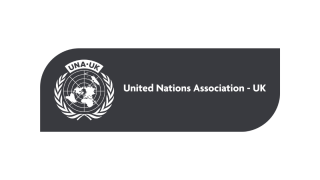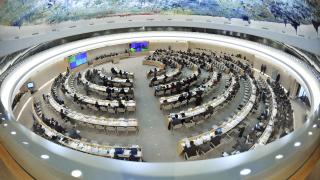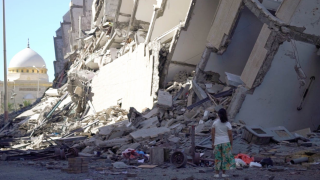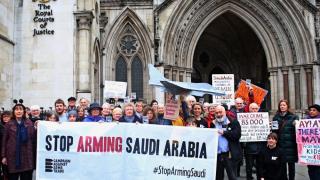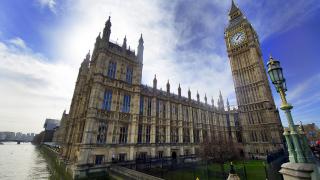
UNA-UK is concerned at proposals to downgrade parliamentary scrutiny of arms exports whilst UK weapons continue to flow to Saudi Arabia – a country accused of serious ongoing violations of international humanitarian law in Yemen.
The proposal, suggested by Crispin Blunt, chairman of the foreign affairs committee, would see the vital job of scrutinising the export of UK arms be given solely to the international trade select committee.
Alongside other prominent charitable organisations, UNA-UK has contributed to a letter published in The Times rejecting this proposal, arguing that such a move would elevate trade above other interests, including our obligations to protect civilians.
Read the full letter below:
Sir,The split in the committees on arms export controls (CAEC) over the use of UK manufactured arms in Yemen by the Saudi-led coalition has revealed some serious issues in the way the UK regulates its enormous arms exports industry (“MPs at loggerheads on Saudi arms sales”, Sep 16, and letter, Sep 20). After thousands of Yemeni civilian deaths and injuries and amid an immense and growing humanitarian crisis, further sales would contravene the UK’s legal obligations.
Arms export control involves the foreign office, the trade and defence ministries and the department for international development because it cuts across diplomacy, trade, defence and humanitarian issues. The CAEC rightly mirrors this approach. The suggestion by Crispin Blunt, chairman of the foreign affairs committee, that the vital job of properly scrutinising the export of UK arms be given solely to the international trade select committee is therefore misguided. That would elevate trade above the other interests, including our obligations to protect civilians, and should be rejected.
Despite being unable on this occasion to speak with a single voice on the use of UK arms in Yemen, the CAEC remains best placed to grapple with these complex issues and hold the government to account for its arms export decisions.
Sally Copley, Oxfam GB; Paul Murphy, Saferworld; Iain Overton, Action on Armed Violence; Anna Macdonald, Control Arms; Natalie Samarasinghe, UNA-UK; Fiona Gorton, Omega Research Foundation; Richard Moyes, Article 36; Kate Allen, Amnesty International UK
Given the mounting civilian death toll and growing humanitarian crisis within Yemen, any watering down of parliamentary scrutiny of UK arms sales to Saudi Arabia, which rose to £2.8 billion in the three months since coalition bombing began, will raise yet more concerns that business interests are being put before human rights concerns.
More broadly, the continued sale of UK weapons to Saudi Arabia raises questions about the UK's commitment to its international obligations, including the Arms Trade Treaty (ATT).
The ATT is an international agreement regulating the transfer of arms and does not permit arms transfers where there is a risk that weapons could be used to commit serious violations of international humanitarian and human rights law.
UNA-UK urges parliamentarians to work together to ensure standards of parliamentary scrutiny are preserved and to ensure the Government is held to account more effectively for its arms export decisions.

